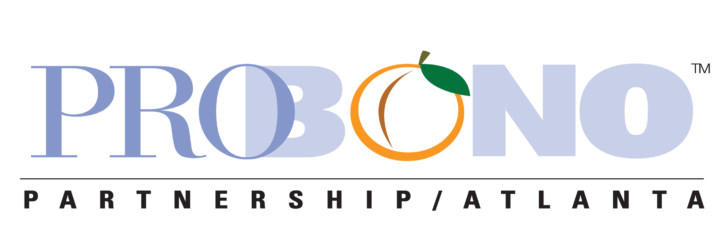Webcast: No Good Deed Goes Unpunished: Risk Management of Nonprofits
Every day, nonprofits face risk in virtually every aspect of their operations. Since risk cannot be eliminated because life itself involves risk, the goal must be to manage risk. As the word “manage” implies, when a nonprofit attempts to reduce or control, i.e., manage its risk, it takes time, effort and money, all of which …
